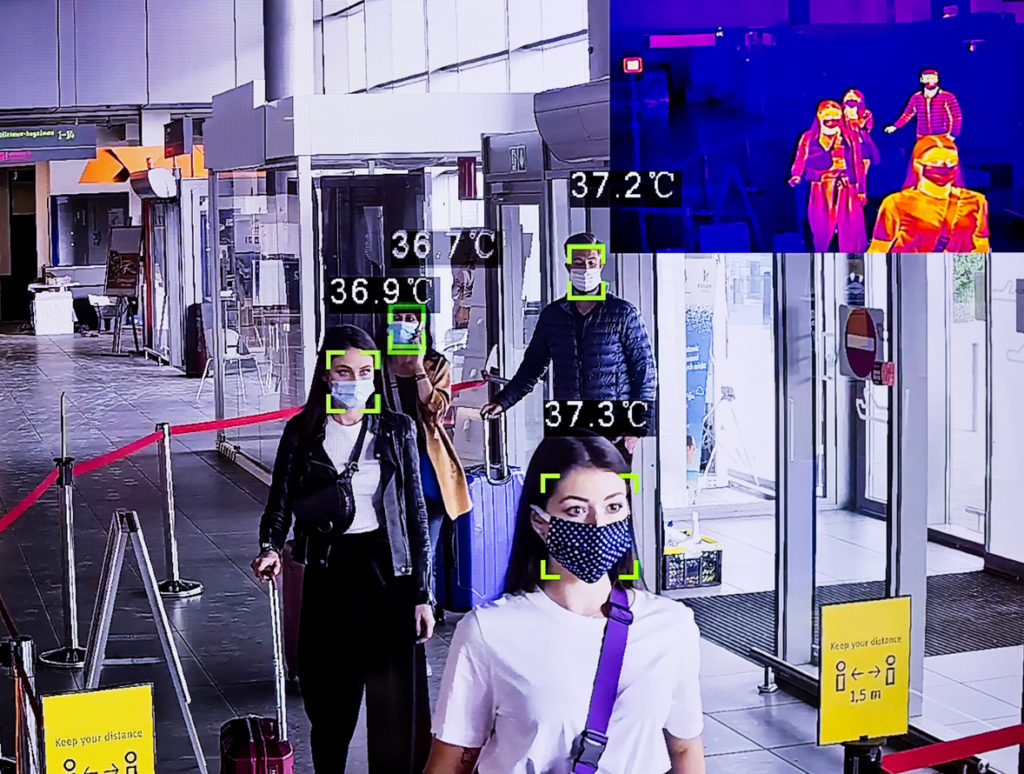
From supply chain issues to pivots in operational strategy, the electronic security industry saw a myriad of new trends in 2021. Several of these trends heavily impacted most industries, end-users and security integrators alike.
As many organizations remained focused on operational recovery, new challenges continued to impact the way decision-makers purchased and planned their electronic security technology.
Security Learnings Seen in 2021
Throughout the last year, pressure continued to increase as inflation spiked, unemployment staggered, and uncertainty loomed. Many businesses viewed these economic changes as an opportunity to reevaluate their existing strategy, keep up with competitors, and manage ongoing threats.
Simultaneously, consumers maintained high expectations for businesses. Companies needed to implement and maintain adequate security solutions, despite shrinking budgets and increased challenges. 2021 reemphasized several security trends that impacted organizations.
1. Physical Security Is Still Vital for Businesses
It’s no secret that the world has evolved into a hybrid of remote and in-person operations. Although the demand for doing business remotely increased in 2020, the return to brick-and-mortar was highly evident in 2021. And with this transition of operations came an evolution of threats.
“About 69 percent of retailers said they had seen an increase in organized retail crimes in the past year, pointing to factors including the pandemic, policing, changes to sentencing guidelines and the growth of online marketplaces,” according to a recent retail security survey from the National Retail Federation, an industry trade group.
One of the ways businesses reacted to these threats was by pivoting their building access control strategy. Organizations across industries began to rethink how to modernize their access control technology to keep up with evolving safety and security risks. Utilizing transparent systems allowed companies to gain visibility into the traffic moving throughout their buildings, limit access to intruders, and manage access to vulnerable areas.
2. Staffing Shortages Create Need for Efficient Solutions
In 2020, businesses throughout the country were plagued with staffing shortages. As unemployment levels continued to waver in 2021, staffing uncertainty persisted. Businesses needed to keep their assets safe and secure, yet ironically had to accomplish this with a dramatically reduced amount of resources and staff. Doing more with less became more important than ever.
Ingenuity became top of mind, forcing many businesses to adapt and evolve their physical security strategy and presence in ways they had never imagined. Companies rose to the challenge by reevaluating their approach to traditional security through the incorporation of new technology and solutions. Working with a limited team meant technology needed to fill the gaps. Solutions like touchless technology, biometric scanning and thermal screening were adopted to maximize efficiency where needed.
3. Supply Chain and Inventory Management Concerns
One of the most daunting challenges faced by companies in the past year was learning how to navigate supply chain uncertainty while controlling costs. This level of operational risk left no business unscathed. Decision-makers who wished to maintain their current security standards or upgrade to new security solutions relied heavily on integrators and other suppliers who could aid them in making the right decisions — with even less resources.
According to Forbes, over 43% of businesses reacted to supply chain woes by intentionally inflating their inventories to protect themselves from further disruption.
Although this practice helped ensure a steady supply of inventory, it often contradicted an organization’s cost reduction efforts. With limited budgets, integrators worked as mediators between manufacturers and end-users to accurately predict product shortages and manage inventory levels.
Meanwhile, supply chain issues presented ambiguous delivery timeframes for manufacturers. If a company lacked the required technical parts to build a certain piece of equipment, there were few solutions available due to inevitable product shortages. Companies could not afford to be overly optimistic about their suppliers’ capabilities. Instead, integrators had to transmit accurate and realistic information to their stakeholders, even if it wasn’t necessarily what they wanted to hear.
Facing Security Challenges Together
Organizations have found that partnering with a solid security integrator has provided them with the information they need to make vital security decisions best for the social climate we are experiencing. Although 2021 brought an array of new challenges to organizations, working with a security integrator has helped businesses continue to execute their security strategy without fear of the future.
At 3Sixty Integrated, we are here to advance enterprise organizations across multiple verticals to develop and implement sustainable security solutions. With over 19 years of experience, our team designs, installs, and maintains custom security solutions to keep your organization and assets safe and secure. Ready to get started? Contact us today to schedule a 30-meeting consultation or call us at (877) 374-9894.

